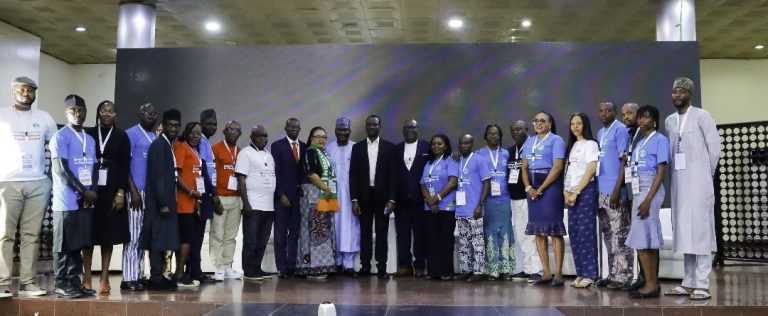From Juliana Taiwo-Obalonye, Abuja
Chairman of the Presidential Committee on Fiscal Policy and Tax Reforms in Nigeria, Taiwo Oyedele, delivered a stark warning about Nigeria’s tax system, at the Tax Justice and Governance Platform’s Annual National Tax Conference 2024, revealing that the country is only collecting about 30% of its potential tax revenue.
“In Nigeria, we estimate that about 70% of potential taxes go uncollected,” he stated, underscoring the severity of tax evasion and underreporting.
Oyedele provided alarming statistics, noting that personal income tax revenue for 2023 amounted to just N1.5 trillion, despite declared incomes totaling 15 trillion Naira. He remarked, “The gap is unbelievable. Nigerians are spending over N50 trillion while declaring only 15 trillion for tax purposes.” This discrepancy, he noted highlights significant issues of aggressive tax avoidance and ineffective incentives.
Oyedele emphasised the critical need for reform, stating, “We have a once-in-a-lifetime opportunity to reform what has been wrong with our tax system for decades. If we miss this opportunity, I do not think we will have it again in my lifetime.” Oyedele expressed optimism about the current administration’s commitment to reform, saying, “You have a president who understands what you’re talking about and who is committed to the process.”
Oyedele called for prioritising spending on education, health, and security to alleviate multidimensional poverty in Nigeria. “If your priority of spending does not align with these needs, you are not working for the people; you are working for yourselves,” he asserted.
Addressing the contentious issue of Value Added Tax (VAT), he cautioned against allowing debates to distract from more pressing matters. “Let us debate how we ensure that Nigeria’s tax base is not eroded,” he urged, highlighting concerns over free zones that undermine local businesses.
He argued that the original intent of these free zones—to promote exports—has been compromised as they now allow entities to sell into the domestic market without proper taxation.
Oyedele emphasised the collaborative nature of the reform proposals developed by his committee, which includes over 80 representatives from various sectors across Nigeria. “No one dictated anything to our committee,” he reassured attendees. “All recommendations were based on extensive consultations with diverse stakeholders.”
He concluded with a call to action: “Whatever we do today will affect our tomorrow and generations yet unborn.” Oyedele expressed hope that these reforms would lead Nigeria toward greatness and inclusive development. “Let it be known that some Nigerians tried all they could to help their country,” he said passionately. “Hopefully, the story will be that it was difficult, but at the end of the day, it was done.”
Executive Director of the Civil Society Legislative Advocacy Centre (CISLAC), Auwal Ibrahim Musa (Rafsanjani), emphasised the urgent need for tax reform in Nigeria. The conference, themed “Economic Stabilization for Equity: Ensuring Fairness in Tax Policy,” brought together government officials, private sector leaders, and civil society actors to discuss critical tax issues.
Rafsanjani highlighted the importance of a fair tax system in stabilizing the economy. “More than ever, tax discussions have taken a deep seat in national discourse,” he stated, noting the heightened public engagement surrounding proposed tax reform bills. He commended the National Assembly for suspending hearings on these bills to gather broader input from citizens.
